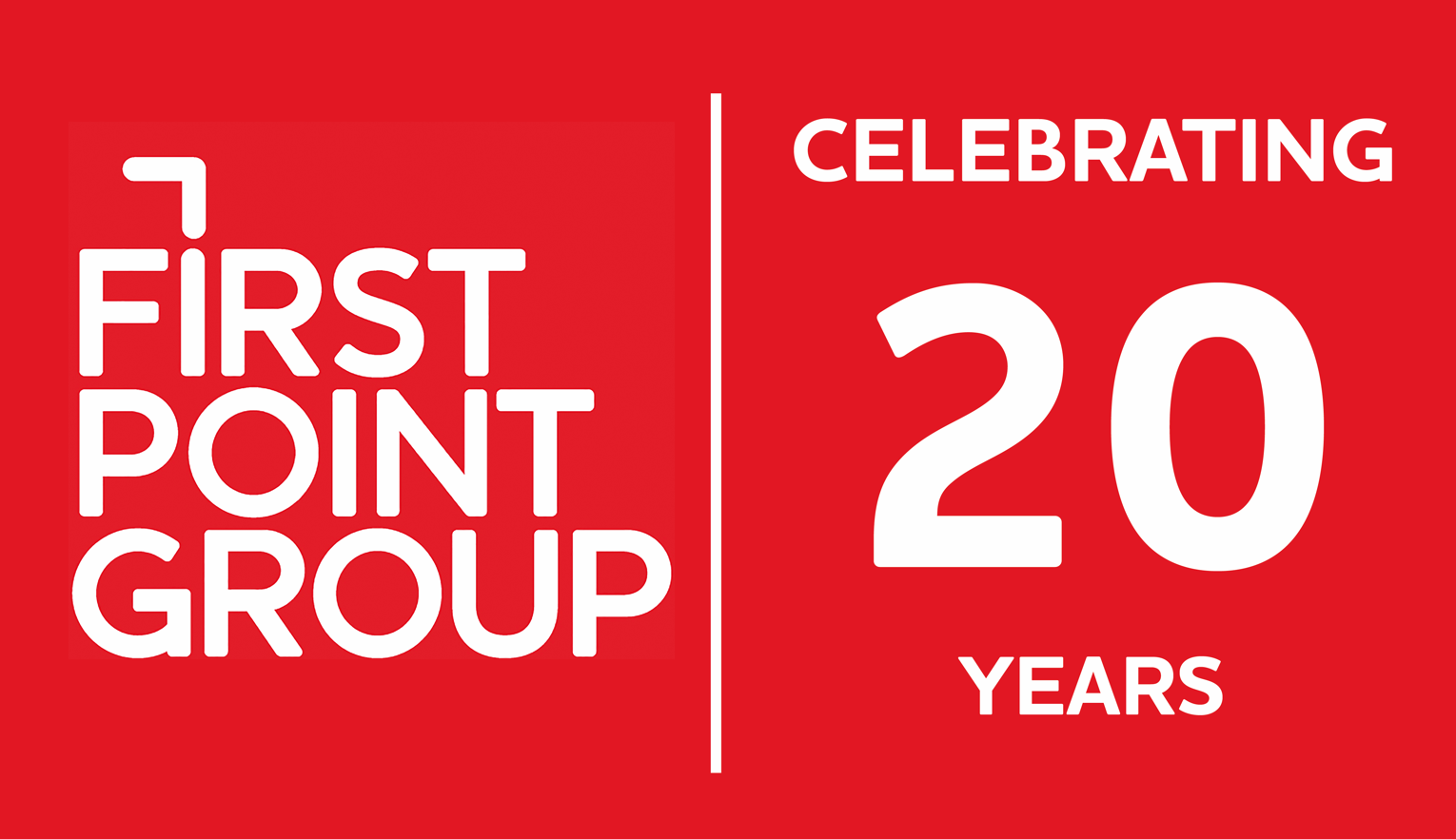
May 2024
Last year we wrote about the billion-dollar investment being made into telco cloud infrastructure. Fast forward 12 months and the telco cloud market is still experiencing rapid growth, driven by advancements in cloud-native infrastructure, 5G adoption, and efficient service delivery. Telcos are investing heavily in cloud technologies to stay competitive and provide better connectivity to their customers. A recent report by Fortune Business states "the global telecom cloud market size is projected to grow from $23.46 billion in 2024 to $139.31 billion by 2032, at a CAGR of 24.9%. With this huge growth, we decided to look at several of the more recent examples of companies growing within telco cloud.
- Oracle Cloud for Telcos: Key Updates and Highlights:
- Oracle has been actively working with telecom operators to enhance their cloud capabilities. Their cloud services offer scalability, security, and flexibility for telcos.
- Key highlights include improved network performance, efficient resource utilization, and support for 5G services.
- Oracle’s cloud solutions enable telcos to optimize their infrastructure and deliver better customer experiences.
- CMC Networks Launches CMC Cloud:
- CMC Networks introduced its cloud platform, CMC Cloud, to enhance network services.
- Cloud-native capabilities allow for better scalability and flexibility.
- Telcos are increasingly adopting such platforms to improve their offerings.
- O2 Telefónica and Nokia Roll Out 5G SA Core on AWS in the Cloud:
- O2 Telefónica partnered with Nokia to deploy a 5G SA core network on Amazon Web Services (AWS).
- This move enhances network performance, reduces latency, and enables new services.
- Cloud-based core networks are becoming essential for telcos to deliver 5G services.
Roles we are seeing being recruited in telco cloud:
- Telco Cloud Architecture Lead
- Systems Engineer
- Systems Architect
- Sales Head
- Sales Manager
- Pre-Sales Consultant
As telco networks evolve, cloud-native infrastructure is becoming more crucial, with automation, observability, and assurance are key requirements for cloud-native telco networks. With this demand it's not surprising that operators are to invest over $200 billion globally. Almost half (46%) of telco network capacity is expected to be entirely cloud-native in the next 3-5 years! Incredible numbers,
Telco companies are predicted to invest an average of $200m each per year as reported by Tech Radar.
Telco cloud is certain an area to keep an eye on, huge investment, lots of potential will certainly increase hiring needs. If your organisation operates within telco cloud and you'd like expert recruitment advice, contact the team at First Point Group.
February 2023
Telco cloud as described by VMWare “is network architecture that combines software-defined networking, network functions virtualization, and cloud native technology into a distributed computing network.”
With the ability to improve the flexibility, scalability, and efficiency of telecoms networks, it’s no surprise that it’s poised for 50% growth in the next five years according to a recent report by Capgemini. In a recent article by telecoms.com, almost half of telecom network capacity will be totally cloud-native in the next three to five years, and operators will spend $200 million each year on that cloud transformation as explained in the aforementioned Capgemini report. If the projected investment made into telco cloud goes ahead, nearly 60% of it will be made in just three areas: technology infrastructure, R&D and workforce.
One benefit of telco cloud that is driving its growth is the fact that deploying a new core network could become a matter of days or weeks (depending on the size and complexity), compared with the current timeframes which can be up to nine months.
“Edge sees the most preference for private cloud offered by hyperscalers – 58% in Europe, 50% in the US, and 44% in APAC – compared to all other cloud deployments models.”
Big investment & revenue improvement to come
Big telcos will spend on average US$1 billion each on network cloud transformation in the next few years, according to new forecasting from Capgemini. Potential top-line improvement could be $110-210m per year, per operator. And potential bottom-line improvement could range between 260-380m per year, per operator. The financial benefits won’t just come from investment, it’s estimated that telco cloud will also have an impact on the business models of telecoms operators. By moving towards a more software-centric approach, operators can reduce their capital and operational expenditures, as well as streamline their operations. Telco cloud can also enable operators to offer new services and features to their customers, such as network slicing and virtual private networks.
“Cloud transformation is a fundamental change in the evolution of the network that has been dominated by physical devices and infrastructure,” and “represents a significant change of mindset for telcos,” Capgemini Global Head of Telco Industry Jacques Assaraf noted.
Telco cloud’s effect on recruitment
The boost in collaboration between hyperscalers and telco's is resulting in First Point Group seeing an increase in clients recruiting for the following positions: Cloud Engineer jobs, Cloud infrastructure Engineer jobs, Cloud Development Engineer jobs, Cloud Architect jobs, Open Shift Engineer jobs, Systems Administrator jobs, DevOps Engineer jobs, as well as various other management and support roles within cloud and DevOps.
We expect to see more of these roles in the near future, especially given the amount of collaborations that are being announced at Mobile World Congress 2023 (MWC23).
“Potential top-line improvement could be $110-210m per year, per operator. And potential bottom-line improvement could range between 260-380m per year, per operator”
Hyperscalers in telecommunications
At MWC23, there have been plenty of announcements from hyperscalers such as Amazon Web Services (AWS), Microsoft Azure, and Google Cloud and discussions on day one of MWC was dominated by these hyperscalers showing their capabilities and plans for the future. In recent months, there have been many collaborations between hyperscalers and telecommunications companies, here are just a few examples:
- BT, for example, announced that it’s partnering with Kyndryl to move several applications servicing its legacy copper business and consumer broadband products from mainframe computers to the cloud.
- Ericsson ran cloud RAN trials with Telstra in Australia, and deployed its first cloud RAN site with US-based Verizon
- O2 Telefónica recently announced that it is working with Google Cloud and Ericsson to transition its 5G core network in Germany to cloud
- AT&T announced that it will move its 5G mobile network to Microsoft cloud
How can telcos harness the full potential of telco cloud?
The Capgemini report highlights five ways in which telcos can unlock the potential of telco cloud.
1. Devise a comprehensive telco cloud strategy
- Accelerate service monetization
- Leverage talent to power innovation
- Seek to forge strategic partnerships within your ecosystem
- Manage Cultural transformation
2. Aim to achieve rapid and efficient monetization of new services
3. Leverage new talent and automation to foster innovation and agility
4. Seek to forge strategic partnership within your ecosystem
5. Manage a cultural transformation alongside the technological one
Telco cloud is clearly one of the biggest growth areas and we look forward to seeing if the predictions and potential of telco cloud come to fruition. Exciting times lie ahead for sure.


 Asia
Asia
 France
France

